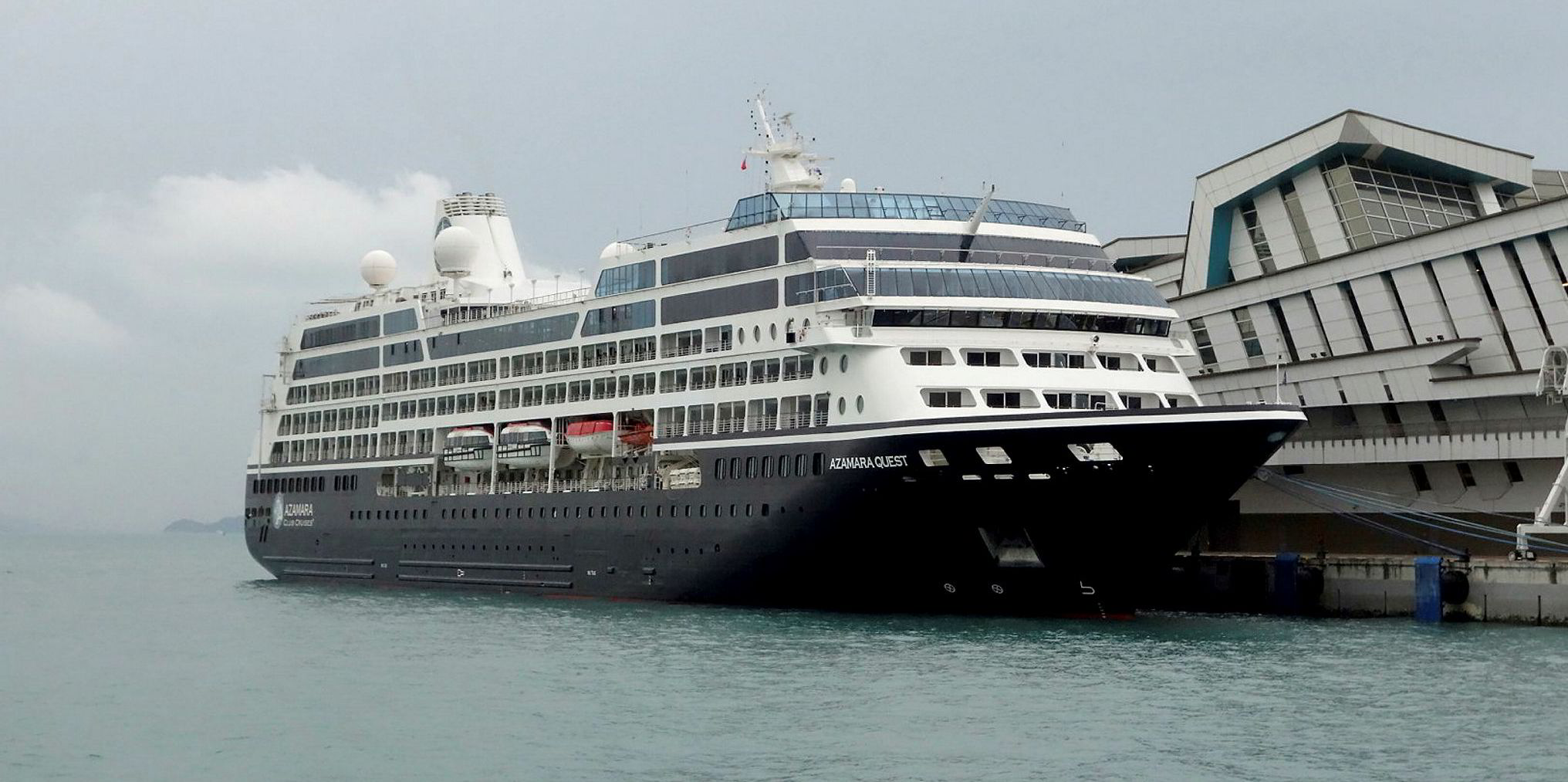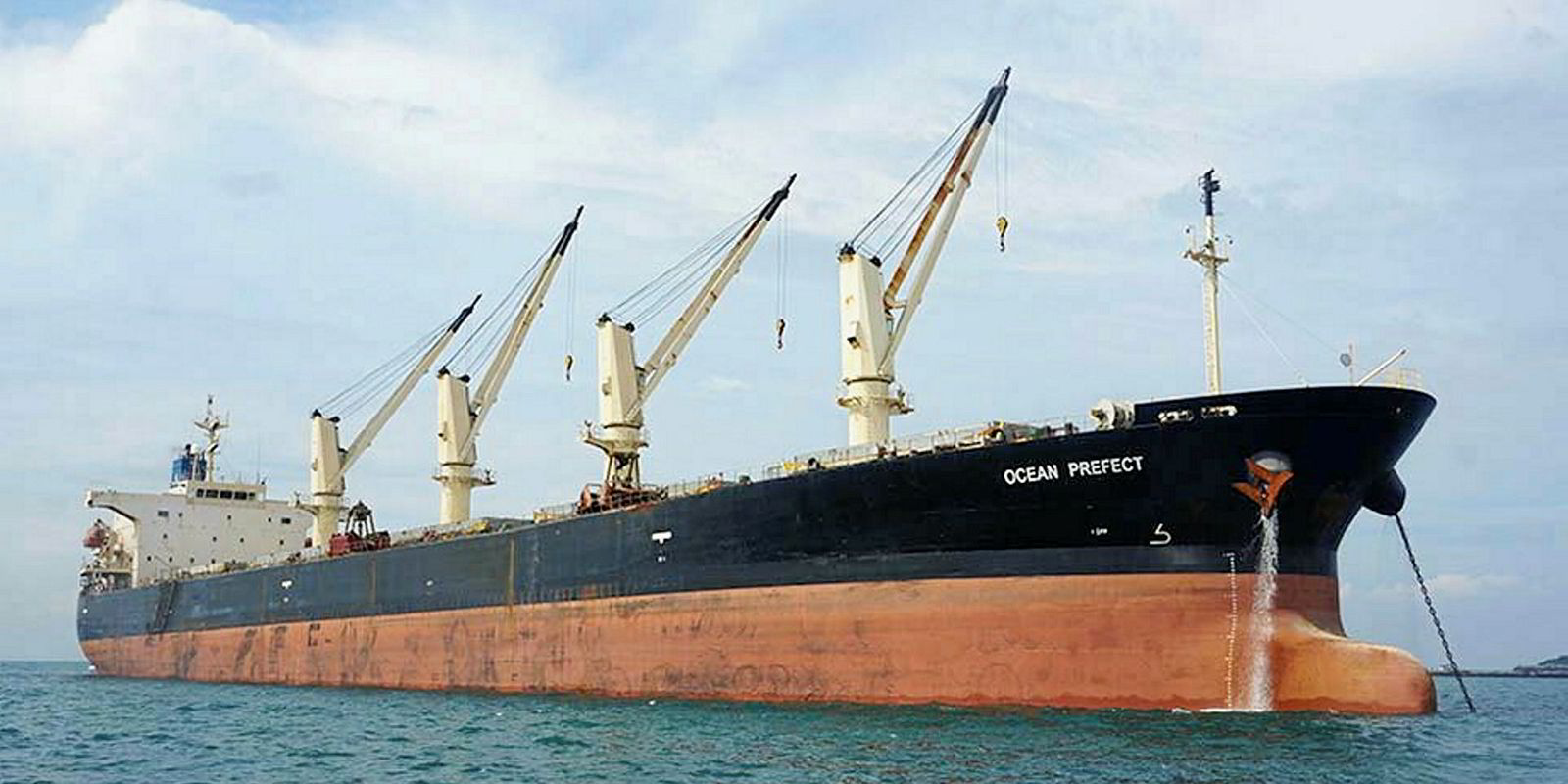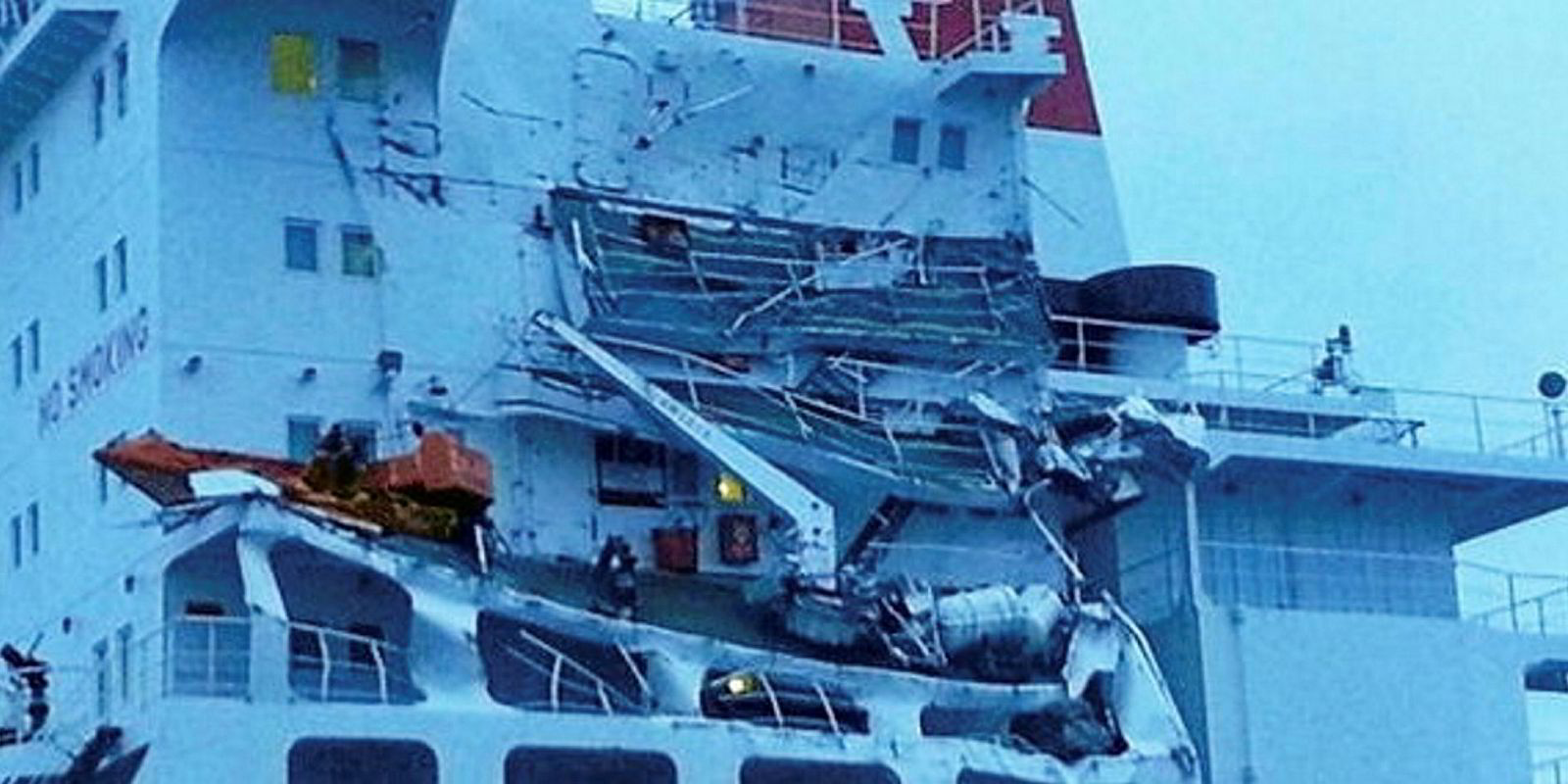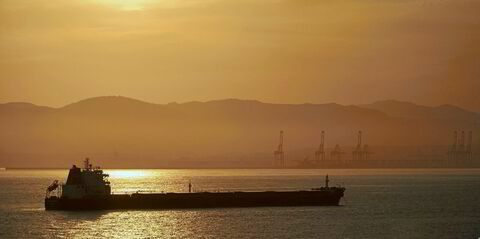Miscommunication between a pilot and a captain, as well as pilot inexperience, has led to another grounding off New Zealand.
Days after a UK report into a double grounding by a V.Ships bulker came to similar conclusions, the Transport Accident Investigation Commission (TAIC) has published its report into an incident involving Azamara Club Cruises' 30,300-gt Azamara Quest (built 2000) in 2016.
The ship made contact with Wheki Rock in the Tory Channel on 27 January.
It was en route to the port of Picton with 652 passengers and 394 crew on board.
A harbour pilot had boarded outside the entrance to Tory Channel.
He then exchanged information and discussed the passage plan with the master, in particular the strong currents in the tight turn required on entry to Tory Channel.
"However, due to miscommunication the passage inwards began with the master and pilot having different understandings of how the first turn would be conducted," the report said.
"As a result the turn was initiated late and the ship never achieved a sufficient rate of turn to avoid contacting Wheki Rock close to the northern shoreline.
"The ship struck the rock, causing minor damage to the hull and damage to one propeller. Nobody was injured."
No "common understanding" of plan
TAIC found that the bridge team had no common agreed understanding of the plan for the ship to make the turn into Tory Channel because the details of how the turn would be made and the influence the tide would have on the ship during the turn had not been clearly communicated.
Therefore, with no agreed plan, the task of the bridge team monitoring the ship’s progress through the turn was set up to fail.
It also found that the port company and pilot were relying on the pilot making five transits of Tory Channel using the port's pilot launch to count towards the pilot training and proficiency plan, "which did not meet the intent of the plan," it said.
It created "a risk of pilots not being sufficiently current to pilot large ships through Tory Channel," it added.
TAIC said the standard of bridge resource management on board the Azamara Quest did not meet the requirements of the company’s safety management system, or the standards in the various IMO publications.
The commission has previously found poor bridge resource management under pilotage to be a factor contributing to accidents involving two other ships in New Zealand.
"Safe navigation in pilotage waters is a shared task of the bridge team and the pilot," it said.
"This accident highlights the importance of a comprehensive pilot/master exchange of information and ensuring it is communicated to the rest of the bridge team."





